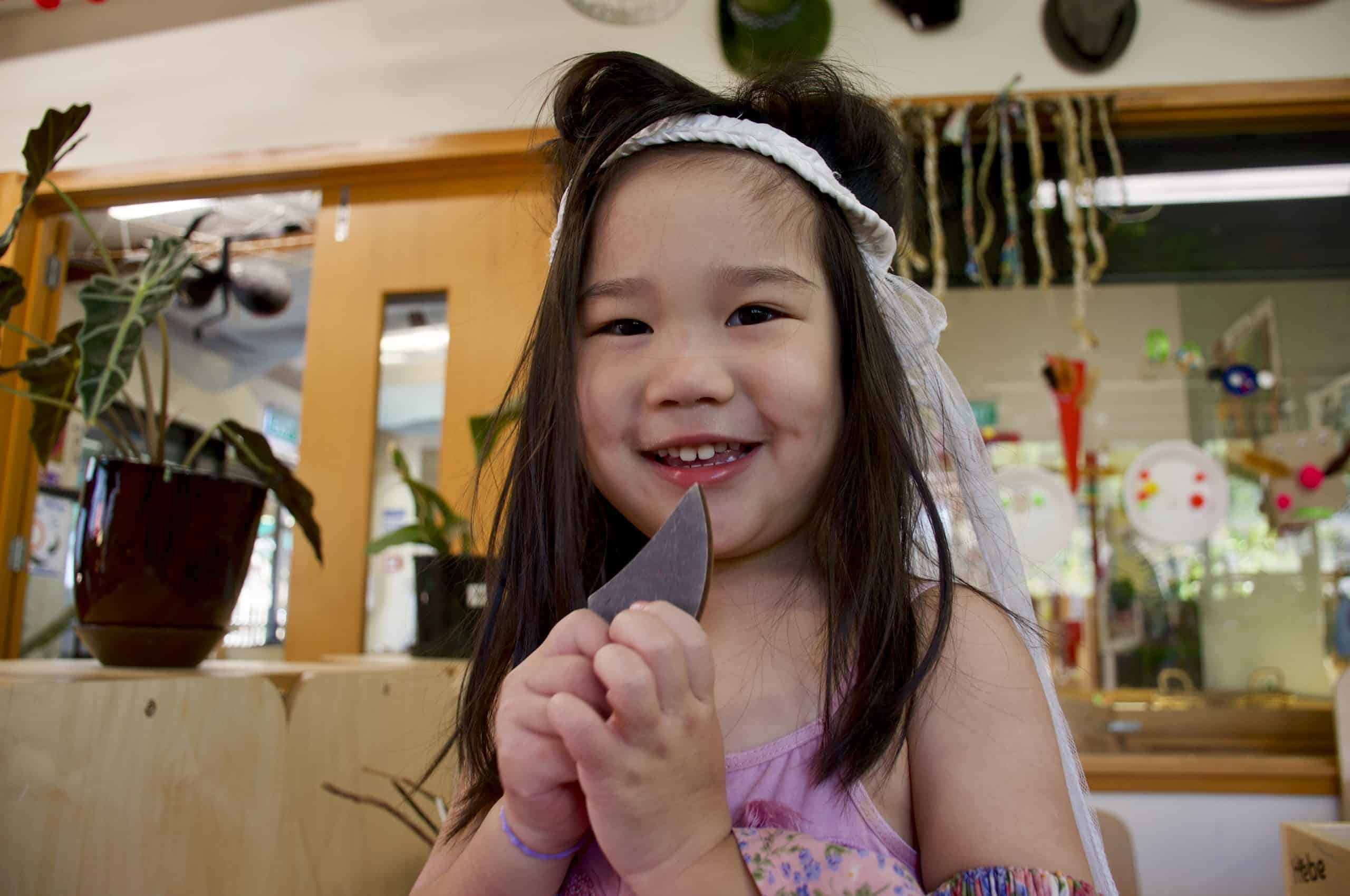theteam@theeducationhub.org.nz
Postal Address
The Education Hub
110 Carlton Gore Road,
Newmarket,
Auckland 1023

This series of guides on the principles and strands of Te Whāriki offers an overview of the key values and underpinnings of early childhood education in Aotearoa New Zealand. Each guide provides links to other resources across our website which can help in implementation of the curriculum.
The principle of empowerment | whakamana encourages teachers and leaders in early childhood education settings to recognise the mana of the children and families they work with, and consider how their approach to learning and care might enhance this mana. Mana is a Māori concept for the power of being. It means supporting children and families to be the best they can be, or to meet their potential. It also means that children and families act in ways that enable others to be their best, and are respectful of and support others to reach their potential.
Mana aligns closely with the concept of children’s rights, such as rights to have their health and wellbeing protected and nurtured, to have equitable access to learning activities, to have their language, culture and identity affirmed and respected as well as agency over some decisions that concern them.
Children are also likely to be empowered, respected and trusted when they are able to pursue their individual interests and intentions in relation to learning activity, and when they are involved (as much as possible) in decision-making around their care and learning. Children are also empowered when the curricular programme enables them to explore learning through play and playfulness, and when teachers are intentional in providing meaningful, enjoyable and appropriate activities to extend their learning.
Some particular practices can be helpful in promoting empowerment for young children and their families. These include:
By Dr Vicki Hargraves